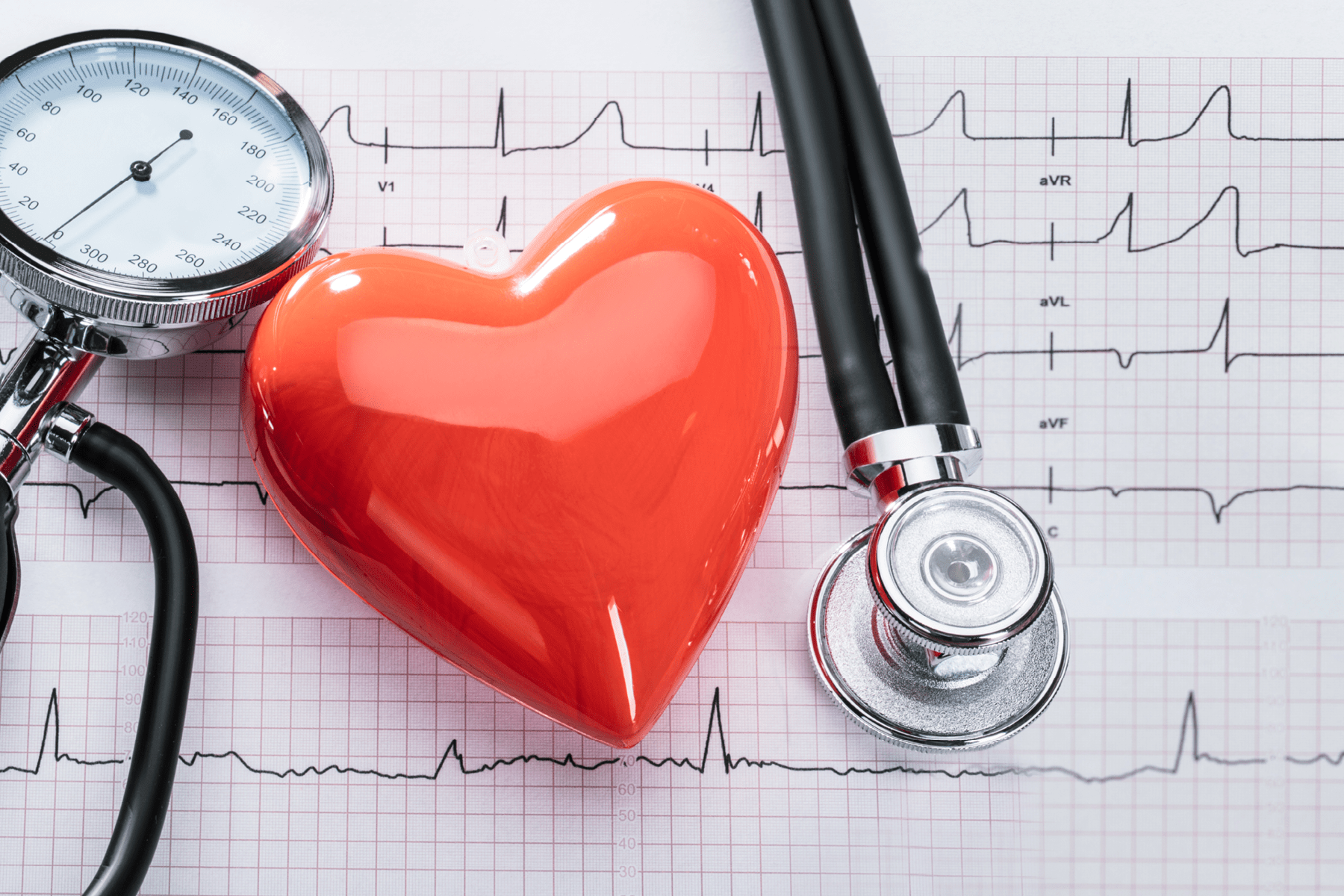
Take Charge of Your Heart Health
Cardiovascular diseases, including heart disease, claim more lives than all cancer and accidental deaths combined. Knowing your risks and getting simple heart screenings are the first steps to protecting your heart and preventing heart attacks.
Coronary artery disease (CAD)
When someone refers to heart disease, they are most likely referring to coronary artery disease. CAD is the most common type of heart disease. Approximately one in 20 adults age 20 and older, about 5% of adults in the United States, have CAD. It occurs when cholesterol and fats, known as plaques, build up on the artery walls and reduce blood flow to the heart.
The symptoms of CAD can include:
- Chest pain triggered by activity or strong emotions
- Shortness of breath
- Fatigue
The symptoms of CAD are not to be confused with the symptoms of a heart attack. However, if left undiagnosed or treated, CAD can lead to heart attacks. CAD is the most common cause of heart attacks.
Heart attacks
In the United States, someone has a heart attack every 40 seconds. One in five of these are silent. Heart attacks occur when a part of the heart does not get enough blood flow due to a blockage. The more time that goes by without restoration of blood flow to the heart, the more damage that is done.
Heart attack symptoms can include:
- Chest pain or discomfort
- Feeling weak or light-headed
- Cold sweats
- Pain or discomfort in the jaw, neck or back
- Pain or discomfort in the arms or shoulders
- Shortness of breath
- Nausea or vomiting
- Fatigue
It is important to note heart attack symptoms can be different for men and women. Women are more likely to have the least common symptoms, such as nausea and fatigue. If you or someone else has symptoms of a heart attack, call 911 immediately.
How to prioritize your heart health
Luckily, heart disease and heart attacks are preventable in most circumstances. Living a healthy lifestyle will reduce risk factors such as high blood pressure, high cholesterol and high blood sugar levels.
Practice these healthy habits to protect your heart health:
- Eat nutritious foods
- Avoid fried and unhealthy foods
- Be physically active
- Maintain a healthy weight
- Don’t smoke
- Manage pre-existing medical conditions such as diabetes
- Get enough sleep
By knowing the warning signs and taking the right steps to prevent heart disease, you can preserve your heart health.
Get started with affordable, easy and pain-free heart screenings. Or schedule an appointment with one of our cardiologists at OSU Cardiovascular Medicine | 918-582-7711.